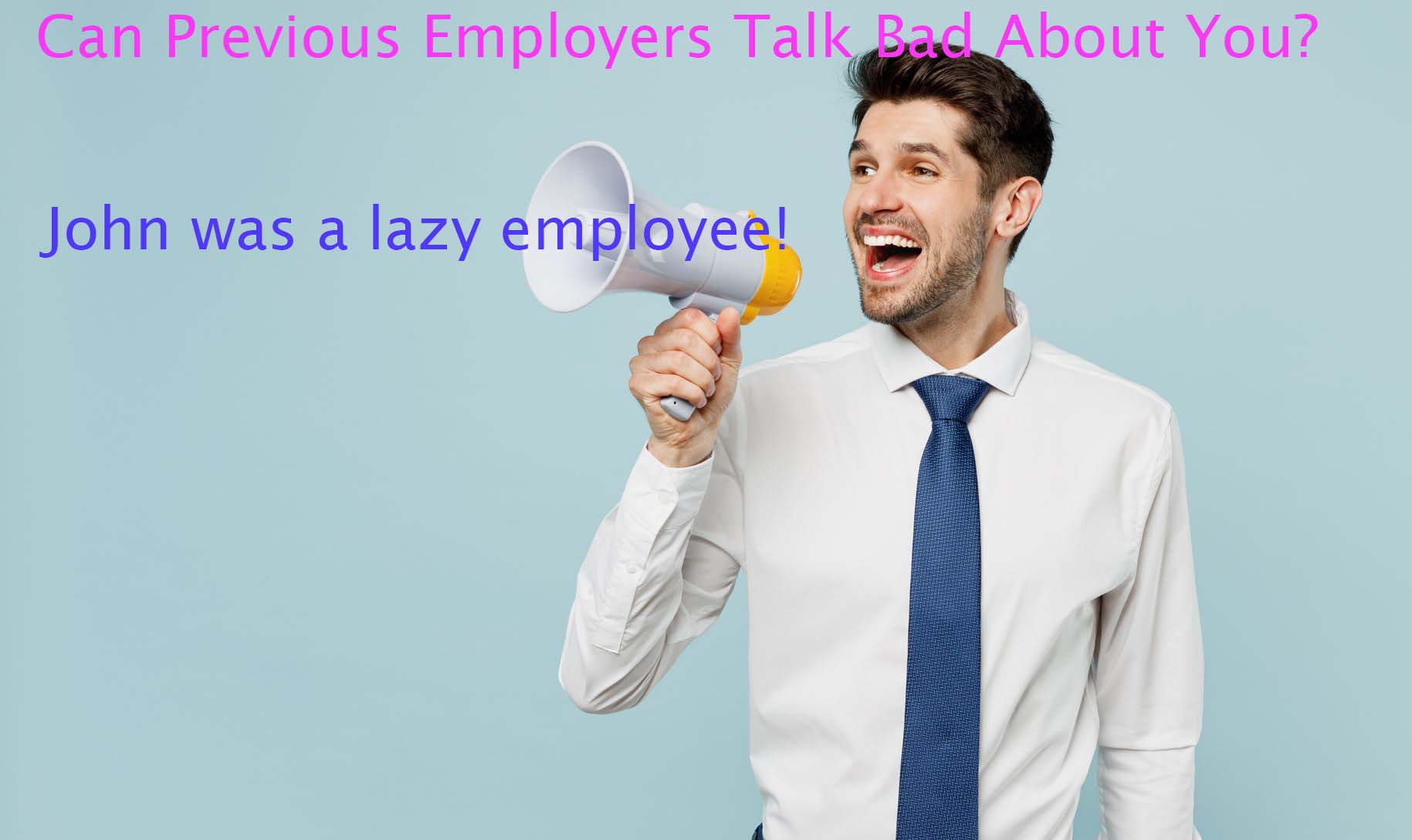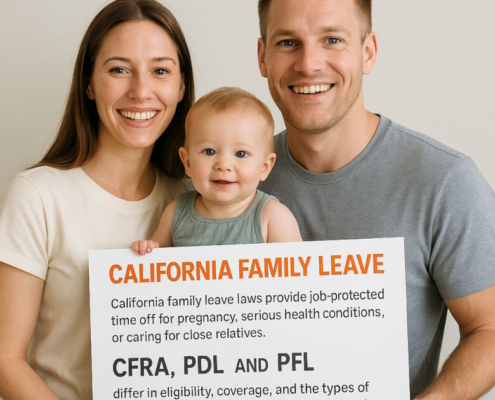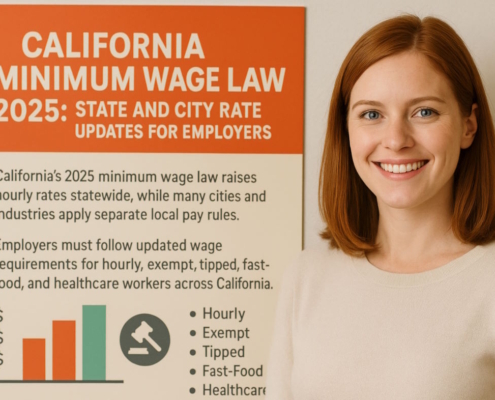When applying for a new position, most employers ask for a resume or a list of references. During an interview, there may be a discussion about why you left your previous job. If you quit or were fired, this answer might not be on the best terms. It can be rather awkward when trying to get a new job if your old boss speaks negatively about you. A special privilege exists between a former and prospective employer, allowing your former employer to make truthful statements about your job performance and why you left it to a prospective employer. This privilege is called the “common-interest privilege.”
The common-interest privilege protects the conversations between the prospective and former employer to understand who one is hiring fully. It is in public policy’s interest to ensure employers fully discover who they are hiring and not being led under pretences. If this privilege applies, the statement made cannot be used in court for the truth against the employer. However, there are exceptions to this privilege (when this privilege will not apply):
- There is no protection if statements are made maliciously or with the intent to hurt one’s reputation
- No protection when the statements are false
- Unsolicited statements – statements made without being asked for information
- Cannot state whether the former employee engages in protected activities or belongs to certain groups
However, a former employer can always state whether they would rehire the employee.
Defamation in California
To bring a claim against a former employer for defamation, the employee must show three things:
- Falsity: statements made were false, unprivileged, and not an opinion
- Published: statements were published, meaning they were stated or written to another person
- Damages: the employee must show the statements made by the former employer damaged their reputation.
If you feel you have been defamed (have had false statements made about you, either in writing or orally) and have faced damages, the best option would be to speak with a lawyer before filing any claims. This will ensure you have taken the proper steps, understand the law thoroughly, and will have a better understanding of whether your claim is valid or not.
































